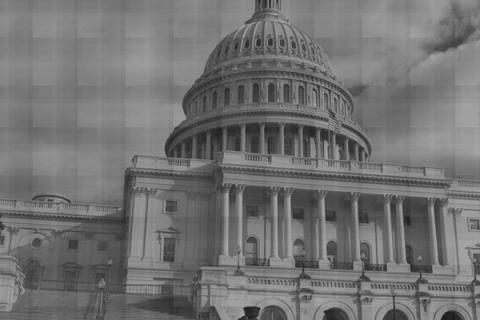In the Disney Corporation produced film version of “Robin Hood”, the villainous Prince John instructs his sheriff to “double the taxes, triple the taxes” and “squeeze every last drop out of those insolent, musical peasants!” He may as well have been describing California's taxation policy, a policy made all the more unpleasant and suspect due to its byzantine, obfuscatory language and seemingly endless loopholes. The tax code is so non-transparent that it’s doubtful even the tax collectors understand it, and no one would blame them. The drafters of California’s tax policy appear to have been singularly incapable of logic.A study conducted by the California Tax Reform Association entitled “Tax Policy for the 21st Century” found five specific issues that bog down the California Tax Code. Those five are, in order, the “Loophole-Ridden and Irrational Non-Residential Property Tax,” the “State’s Narrow Sales and Use Tax Base”, the “Tax System’s Failure to Capture Pollution and Natural Resource Depletion Costs”, the “Weaknesses in Personal Income Tax Base and Rate Structure” and the “Erosion of corporate tax base.” For the time being, let’s focus on the Non-Residential Property Tax.The study illuminates the utterly absurd system of perverse incentives and bizarre practices embodied by the enforcement of the Non-Presidential Property Tax. As the study points out, the tax is structured such that it disproportionately targets new investment while ignoring windfall land rent by not ordering periodic reassessment of land so as to keep the State’s understanding of market values constant. This system has several negative effects, but the most dangerous is that it encourages rampant speculation. To understand this effect, let’s consider who would most benefit from this tax policy. Suppose someone buys a plot of land that is relatively worthless for a relatively low price, and allows that land to accumulate dust for years, paying only the relatively negligible property tax that a worthless property accrues. But suppose this individual was prescient enough to realize that in a few years, a city would spring up around his previously worthless property and the property in question would become highly valuable. This person would then have every incentive to hold onto his property, constantly searching for the highest bidder before selling it. Now, setting aside the negative incentives of people risking money on the high stakes gamble of buying land that they think will be valuable in the future, what would this lucky individual’s incentive to hold onto his property do to society? The answer is that it would stagnate society’s growth substantially, especially considering that once the unlucky buyer actually has his hands on the property, the State would immediately reevaluate how much the property was worth, and this person would then have to pay crippling property taxes that might impede whatever purpose he had in mind for the property in the first place. Moreover, while the lone person who speculated and got lucky is probably a relatively negligible economic actor, at the point where land speculation becomes an industry, this constant search for the highest bidder one can get will lead to massive inflation of land prices. This too will cripple the ability of those who actually want to invest in new property to use their investments with any degree of freedom, because both the costs and the taxes will be inflated. In short, the iron fist of speculation will “squeeze every last drop” of potential economic growth from investors - those “insolent, musical peasants” that happen to make the capitalist system work.
